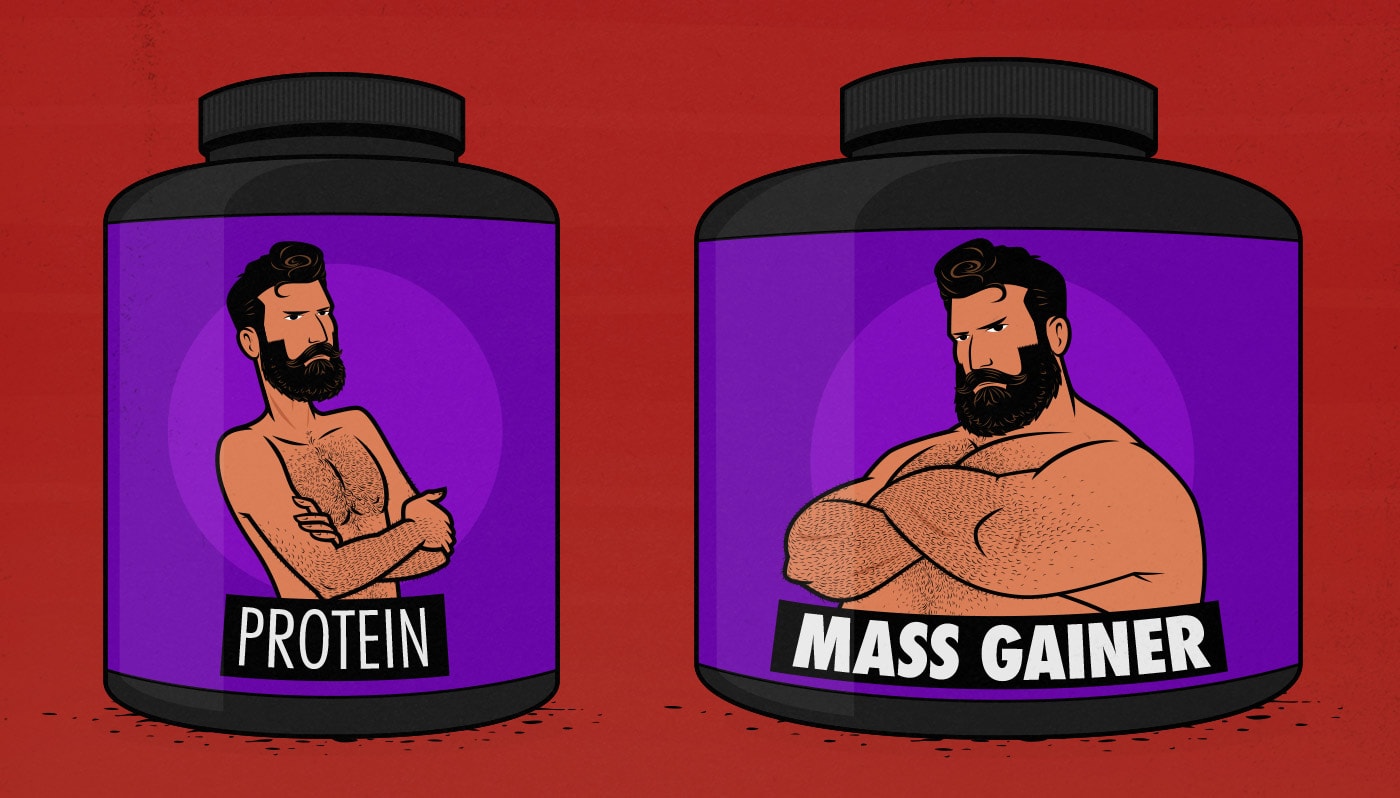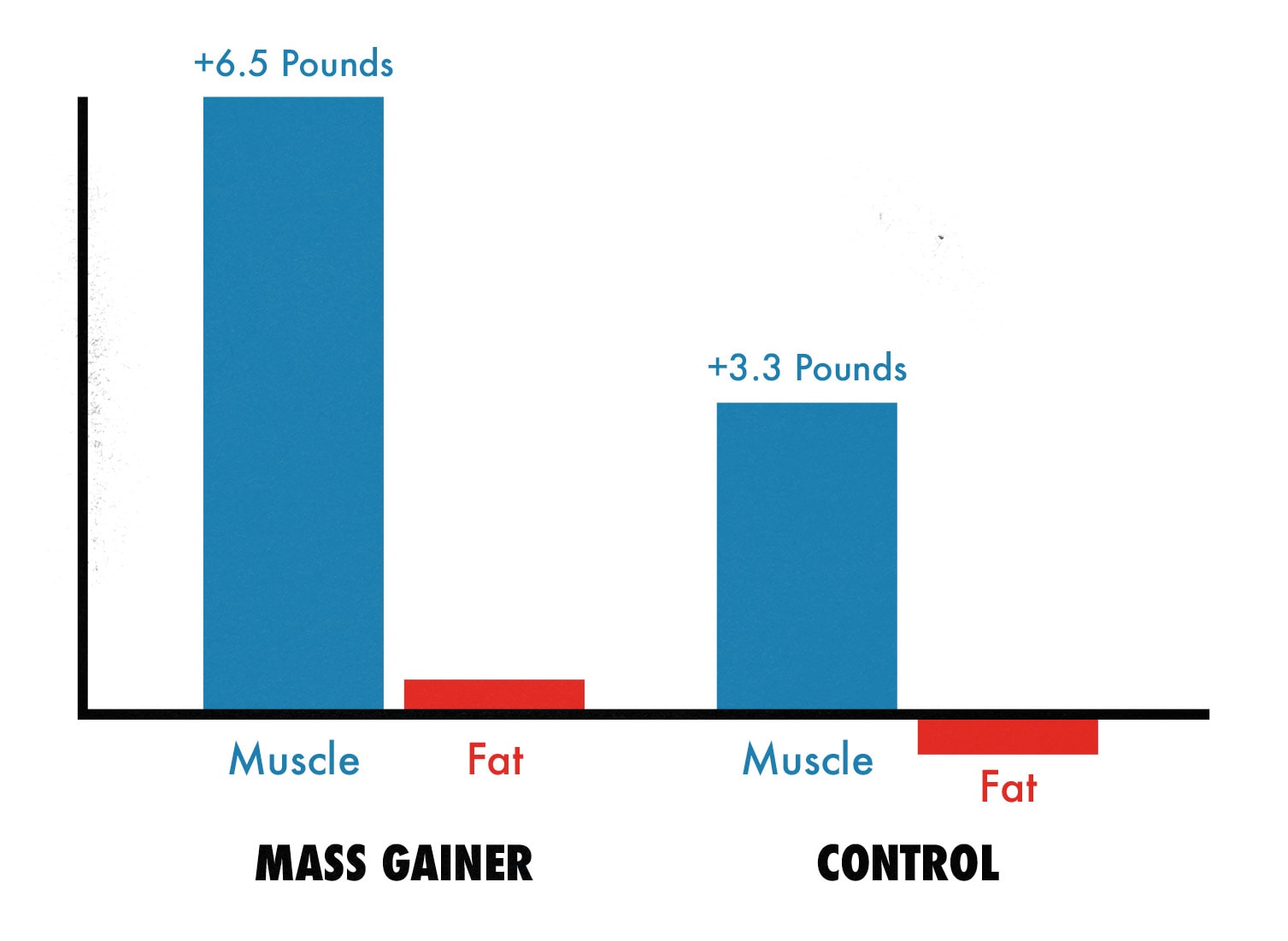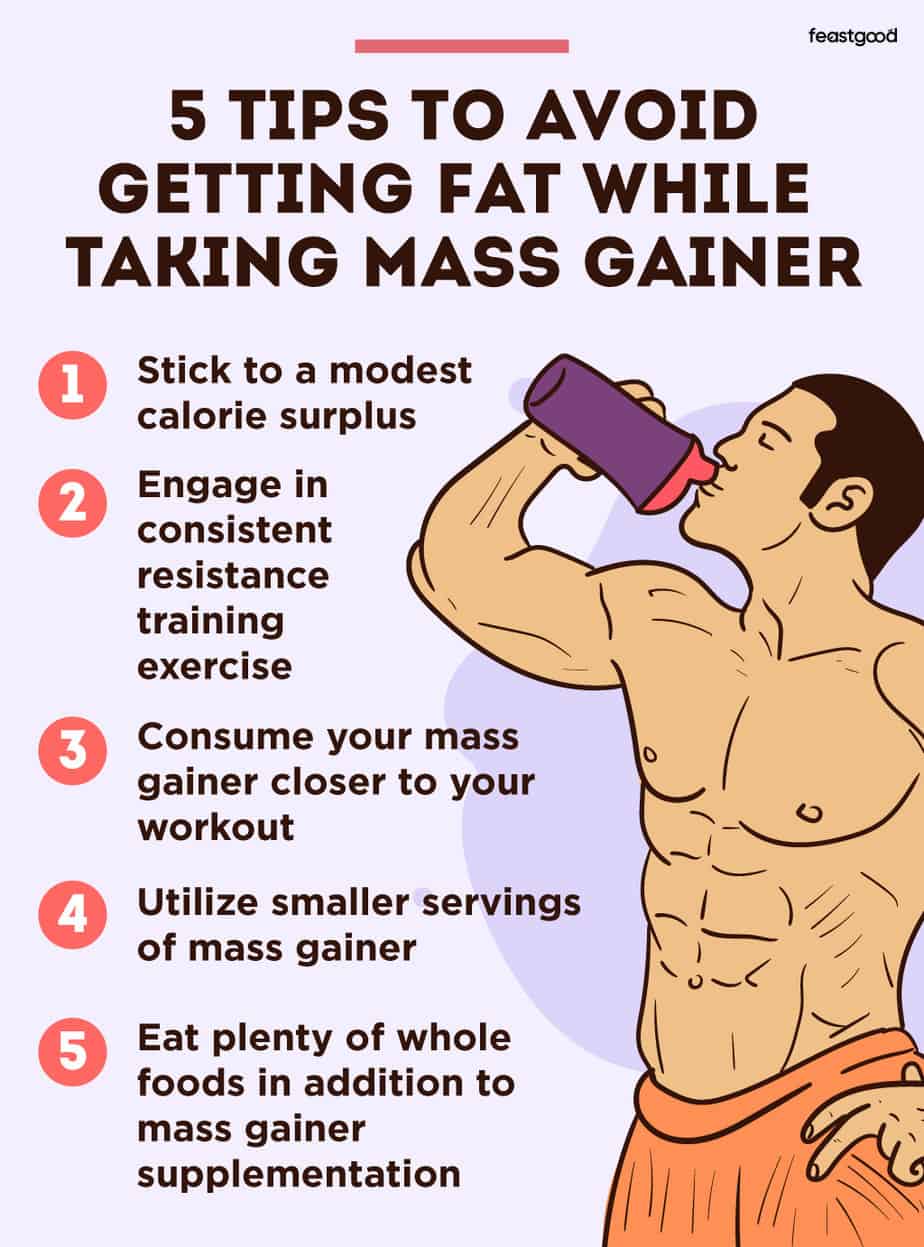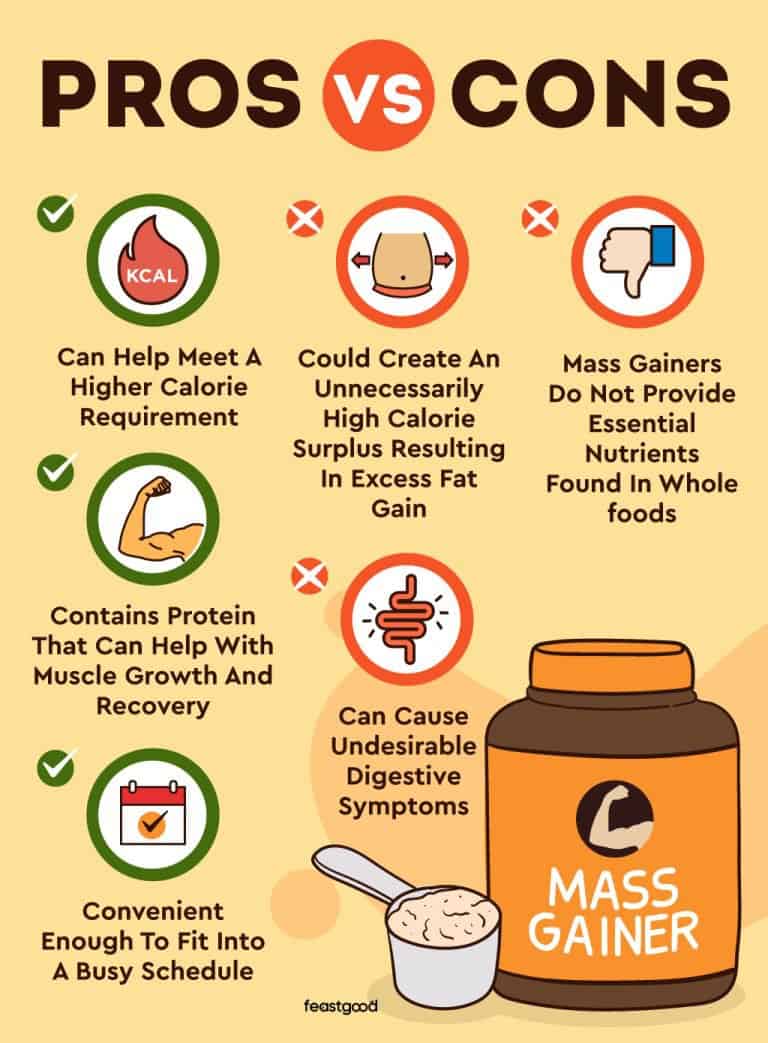Can Mass Gainer Make You Fat

Mass gainers, popular supplements promising rapid weight gain, are frequently scrutinized for their potential to cause unwanted fat accumulation. These calorie-dense powders, often marketed towards athletes and individuals struggling to gain weight, raise a crucial question: Does consuming mass gainer inevitably lead to increased body fat, or can it be used effectively to build muscle mass without excessive fat gain?
This article delves into the complexities of mass gainer consumption, examining its impact on body composition and providing insights into responsible usage. We will analyze the ingredients, caloric content, and potential effects of these supplements, drawing on expert opinions and scientific research to offer a balanced perspective.
Understanding Mass Gainers: A Nutritional Overview
Mass gainers are essentially concentrated sources of calories, typically containing a blend of carbohydrates, protein, and fats. The precise macronutrient ratio varies between brands, but carbohydrates usually dominate, providing the primary source of energy. Protein, essential for muscle repair and growth, is present in significant quantities, while fats contribute to overall caloric density and provide essential fatty acids.
Micronutrients, such as vitamins and minerals, are often added to enhance the nutritional profile. Some mass gainers also include creatine, an amino acid that can improve athletic performance and muscle strength. It is important to carefully review the label and ingredients before using any mass gainer.
The Calorie Surplus: The Key to Weight Gain
The fundamental principle behind any weight gain, whether muscle or fat, is consuming more calories than the body expends. This is called a calorie surplus. Mass gainers facilitate this process by providing a convenient and readily available source of extra calories, making it easier to reach a surplus.
However, the body doesn't selectively store calories as muscle mass. Any excess calories that aren't used for energy, muscle repair, or other bodily functions will be stored as fat. Therefore, a calorie surplus created by mass gainer consumption can lead to fat gain if not managed carefully.
Can Mass Gainer Lead to Fat Gain?
The answer is, unfortunately, yes. Consuming mass gainer can indeed lead to fat gain if the calorie surplus it creates is too large or if the individual is not engaging in sufficient physical activity. The high carbohydrate content of many mass gainers, particularly simple sugars, can contribute to increased fat storage if not utilized effectively.
According to registered dietitian, Sarah Johnson, "Mass gainers can be a useful tool for individuals struggling to meet their caloric needs, but they are not a magic bullet. A balanced diet and consistent exercise are still crucial for building muscle and minimizing fat gain. It's about smart supplementation, not just reckless calorie consumption."
Furthermore, genetics, metabolism, and individual body composition also play a significant role in how the body responds to a calorie surplus. Some individuals may be more prone to storing fat than others, regardless of their dietary intake or exercise habits.
Minimizing Fat Gain with Mass Gainers: Strategies for Success
Despite the potential for fat gain, mass gainers can be used effectively to build muscle mass while minimizing unwanted fat accumulation. The key lies in moderation, strategic timing, and a well-structured training program.
Calculate Your Caloric Needs
Before incorporating a mass gainer, it's essential to determine your daily caloric needs based on your activity level, metabolism, and goals. Online calculators and consultations with registered dietitians can help you estimate your maintenance calorie intake.
Track Macronutrient Intake
Monitor your daily intake of protein, carbohydrates, and fats to ensure you are meeting your macronutrient targets. Focus on consuming lean protein sources, complex carbohydrates, and healthy fats from whole foods whenever possible.
Time Your Mass Gainer Consumption
The timing of mass gainer consumption can influence its impact on body composition. Consuming it post-workout can help replenish glycogen stores and provide amino acids for muscle repair and growth.
Some people also find it helpful to consume a smaller portion of mass gainer before bed to provide a slow-releasing source of protein and calories during sleep. However, avoid consuming it right before sleeping as it might disrupt sleep cycles.
Engage in Regular Resistance Training
Resistance training, such as weightlifting, is crucial for stimulating muscle growth and directing calories towards muscle repair rather than fat storage. Aim for at least three to four strength training sessions per week, targeting all major muscle groups.
Monitor Your Progress
Regularly monitor your body weight, body fat percentage, and muscle mass to track your progress and make adjustments to your diet and training program as needed. Be patient and consistent, as building muscle and losing fat is a gradual process.
Conclusion: Responsible Mass Gainer Usage
Mass gainers can be a valuable tool for individuals seeking to increase their calorie intake and support muscle growth. However, they are not a substitute for a healthy diet and consistent exercise. Responsible usage, characterized by careful calorie control, strategic timing, and a well-structured training program, is essential for minimizing fat gain and maximizing muscle growth.
By understanding the principles of weight gain and applying these strategies, individuals can harness the benefits of mass gainers while achieving their fitness goals in a sustainable and healthy manner. Remember to consult with a healthcare professional or registered dietitian before making significant changes to your diet or supplement regimen.


















